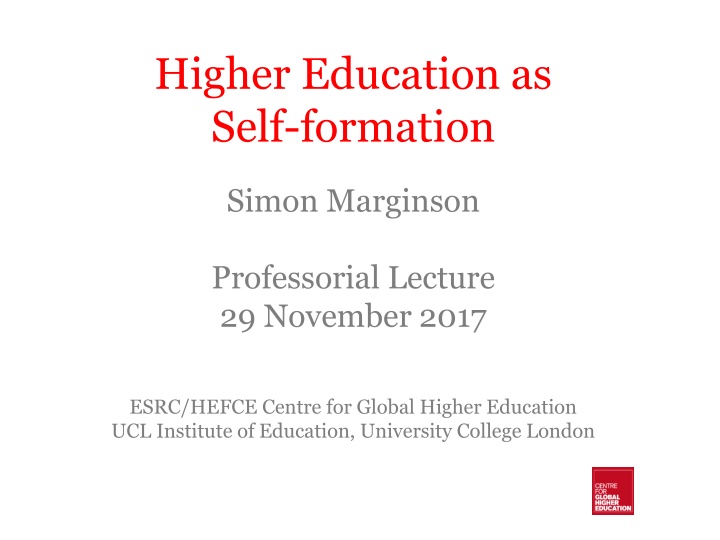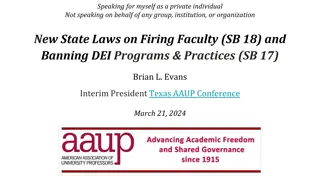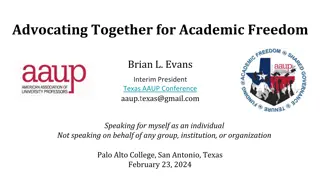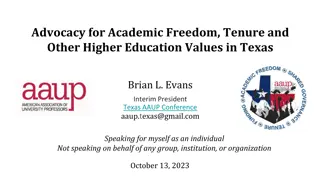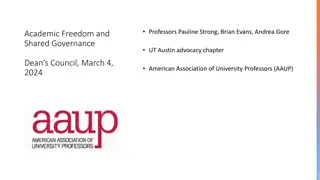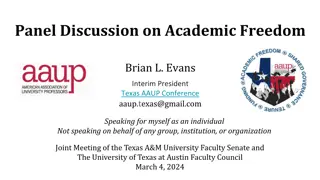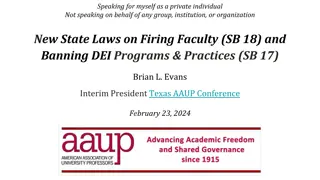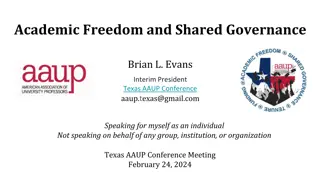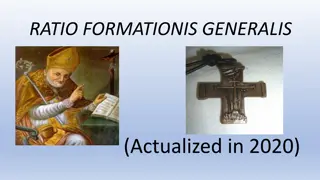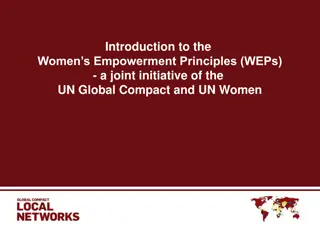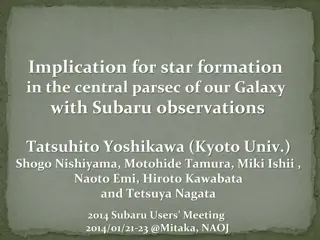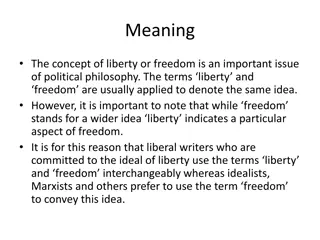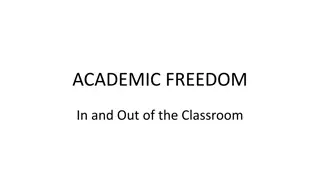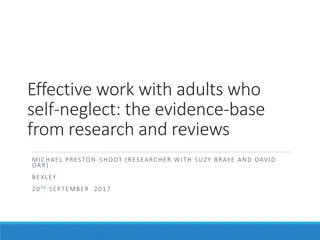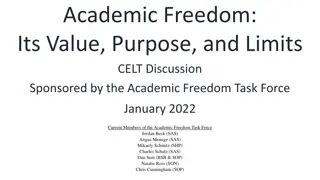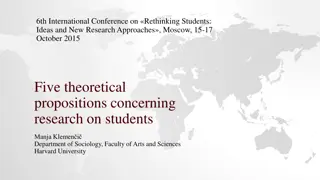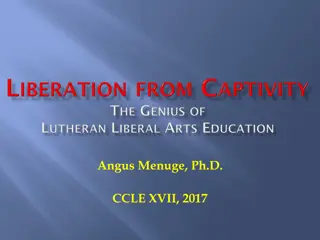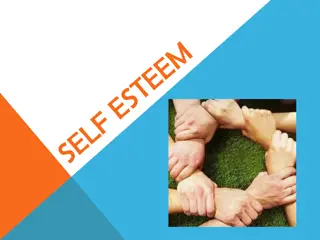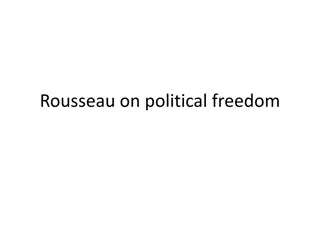Higher Education and Self-Formation: Agency Freedom and Empowerment
Transformative power of higher education on self-formation and empowerment through agency freedom, as discussed by Simon Marginson. Learn about Amartya Sen's three aspects of freedom and how achieving higher education correlates with various positive outcomes, including increased employment options, better health, advanced ICT skills, interpersonal trust, and more. Discover how education contributes to personal agency and societal engagement, echoing the sentiments of William Hanley's "Invictus" and Michel Foucault's views on freedom and self-formation.
Download Presentation

Please find below an Image/Link to download the presentation.
The content on the website is provided AS IS for your information and personal use only. It may not be sold, licensed, or shared on other websites without obtaining consent from the author.If you encounter any issues during the download, it is possible that the publisher has removed the file from their server.
You are allowed to download the files provided on this website for personal or commercial use, subject to the condition that they are used lawfully. All files are the property of their respective owners.
The content on the website is provided AS IS for your information and personal use only. It may not be sold, licensed, or shared on other websites without obtaining consent from the author.
E N D
Presentation Transcript
Higher Education as Self-formation Simon Marginson Professorial Lecture 29 November 2017 ESRC/HEFCE Centre for Global Higher Education UCL Institute of Education, University College London
Amartya Sens three aspects of freedom Control freedom (negative freedom): freedom of the individual from external threat, coercion or constraint Effective freedom (positive freedom): Freedom as the capacity of the individual to act Agency freedom (will-power): freedom as the active human will, the capacity for self-directed conscious action Sen, A. (1985). Well-being, agency and freedom: The Dewey Lectures 1984. The Journal of Philosophy 82 (4), 169-221. Sen, A. (1992). Inequality Re-examined. Cambridge: Harvard University Press.
Invictus William Hanley (1849-1903) Out of the night that covers me, Black as the Pit from pole to pole, I thank whatever gods may be For my unconquerable soul. In the fell clutch of circumstance I have not winced nor cried aloud. Under the bludgeonings of chance My head is bloody, but unbowed. Beyond this place of wrath and tears Looms but the Horror of the shade, And yet the menace of the years Finds, and shall find, me unafraid. It matters not how strait the gate, How charged with punishments the scroll. I am the master of my fate: I am the captain of my soul.
Research finds that people who achieve higher education, on average Have a larger range of employment options Are more likely to be in good health, as are their families Have more advanced skill in the use of information and communications technology (electronic agency) Are more geographically mobile, independent of income level (personal confidence and agency freedom) Report higher levels of inter-personal trust (also = greater personal agency) Are more likely to state that they have a say in government (also = greater personal agency) Are more positive about migration and cultural diversity - Walter McMahon, Higher Learning, Greater Good (2009); OECD, Education at a Glance (2015); OECD, Perspectives on Global Development 2017: International migration in a shifting world (2016) etc
Michel Foucault Freedom is the capacity and the opportunity to participate in one s own self-formation. - Stephen Ball, Foucault as Educator. Cham: Springer, p. 69
Last words But what I would like to stress in conclusion is this: there is no establishment of the truth without an essential position of otherness; the truth is never the same; there can be truth only in the form of the other world and the other life. (l autre monde et de la vie autre). - Foucault, M. (2011). The Courage of Truth: Lectures at the College de France 1983-84. Translated by Graham Burchell. Houndmills: Palgrave, p. 340
Confucian self-cultivation The great strength of modern East Asia is its self-definition as a learning civilization. This may be the most precious legacy of Confucian humanism. - Weiming Tu (2013). Confucian humanism in perspective. Frontiers of Literary Studies in China, 7 (3), pp. 333-338
Bildung The aim of education is the active autonomous person within the framework of social life , a rational subject who uses reason in a public way and lives in the public sphere among other individual beings. - Kivela, A. (2012). From Immanuel Kant to Johann Gottlieb Fichte Concept of education and German idealism. In Siljander, P., Kivela, A. and Sutinen, A. (eds.) (2012). Theories of Bildung and Growth: Connections and controversies between Continental educational thinking and American pragmatism. Rotterdam: Sense Publishers, p. 59
The true development of thinking is not from the individual to the social, it is from the social to the individual. - Lev Vygotsky (1986). Thought and Language. Cambridge, MA: MIT Press, p. 36
The Confucian emphasis on sympathy and empathy suggests a radically different approach. Self-interest, no matter how enlightened, is never adequate as a basic principle for personal growth, let alone a cornerstone of national policy - Weiming Tu (1996). Beyond the Enlightenment mentality: A Confucian perspective on ethics, migration and global stewardship. The International Migration Review, 30 (1), p. 68.
Human capital theory Employability Positional goods Social capital Cultural capital Immersion in knowledge Cultural and political activism Finding a mate Growing up etc etc
What is needed is an integration of the East Asian and Western traditions and influences - Rui Yang (2016). In I. Jung, M. Nishimura and T. Sasao (eds.), The East-West Axis? Liberal Arts Education in East Asian Universities. Springer, pp. 27-37
Higher education as student self-formation People use higher education to change themselves and their conditions of life. They want to become something new, though they do not always know what this will be. It doesn t always evolve as expected There is no necessary conflict between instrumental goals (education for job, career and earnings, education for social position, etc), and people enrolling because they love learning, or want to find themselves. Many students want all these things. Students decide the balance between goals, which evolves. The point is that all of these uses of higher education are aspects of student self-formation. It is a general theory
